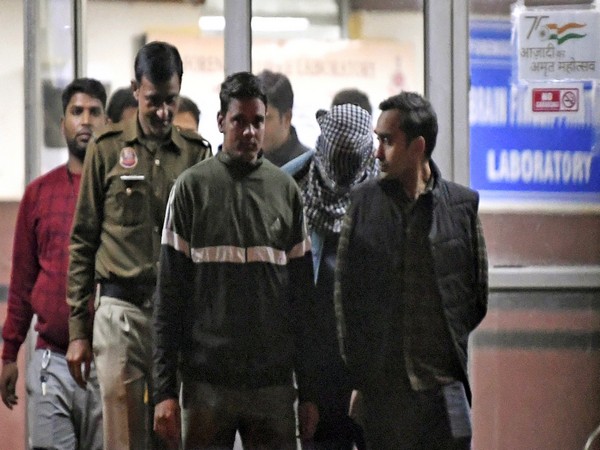In a major development in the Shraddha Walkar murder case, the Delhi Police on Wednesday said that samples of hair and bones recovered by them matched that of Shraddha.
A mitochondrial DNA report of the samples found in the forest area of Mehrauli and sent for testing at the Centre for DNA Fingerprinting Diagnostic (CDFD) in Hyderabad has matched with that of the victim’s father and brother, the Delhi Police said.
The bone and hair samples were sent to Hyderabad for “DNA Mitrocondrial profiling” as the DNA couldn’t be extracted from the body parts.
“Mitochondrial DNA report confirms hair and bone sample matching with Shraddha Walker. Delhi Police has received the report from the Centre for DNA Fingerprinting and Diagnostics,” said Special Commissioner of Police (Law and Order) Sagar Preet Hooda.
“One piece of bone and a bunch of hair purported to be of the deceased have matched with that of her father and brother which establishes the identity of the bone and hair to be that of Shraddha Walker,” Special CP added.
He further said that the bones will now be sent for post-mortem examination to be conducted by a medical board at the All India Institute of Medical Sciences (AIIMS).
Shraddha was allegedly killed by her live-in partner Aaftab Amin Poonawala.
Aftab allegedly chopped her body into 35 pieces, bought a refrigerator and stored them in it before he disposed them off at different locations in and around Delhi during the night hours for the next 18 days.
Police had earlier said Aaftab, who confessed to killing Shraddha and chopping her body into pieces, gave misleading answers to questions
Notably, Delhi Police is currently investigating the murder case.
In November, Shraddha’s father Vikash Madan Walkar, a resident of Palghar (Maharashtra), approached Mumbai police and lodged a missing person complaint.
During the initial investigation, Shraddha’s last location was found in Delhi, and on the basis of this, the case was transferred to Delhi Police.
Shraddha’s father told the police about his daughter’s relationship with Aftab and suspected his involvement in his daughter’s absence.
During the investigation, it was found that Aaftab and Shraddha had come to Delhi and started living in a rented apartment in the Chhattarpur Pahadi area. The police during the course of the investigation, traced Aftab and nabbed him.
Aftab, during questioning, confessed to the crime and said that they fought often as Shraddha was pressuring him for marriage.
Recently, Aaftab has moved an application seeking bail on the grounds that the initial investigation in the case has been completed.
The bail application moved through the legal aid counsel has stated that the initial investigation in the matter is completed and a charge sheet is to be filed.
Aaftab Poonawala is in judicial custody till December 23.
Aaftab’s polygraph test and Narco Analysis test have also been conducted.
The Delhi Police will file a charge sheet in the matter soon. (ANI)
Read More: http://13.232.95.176

